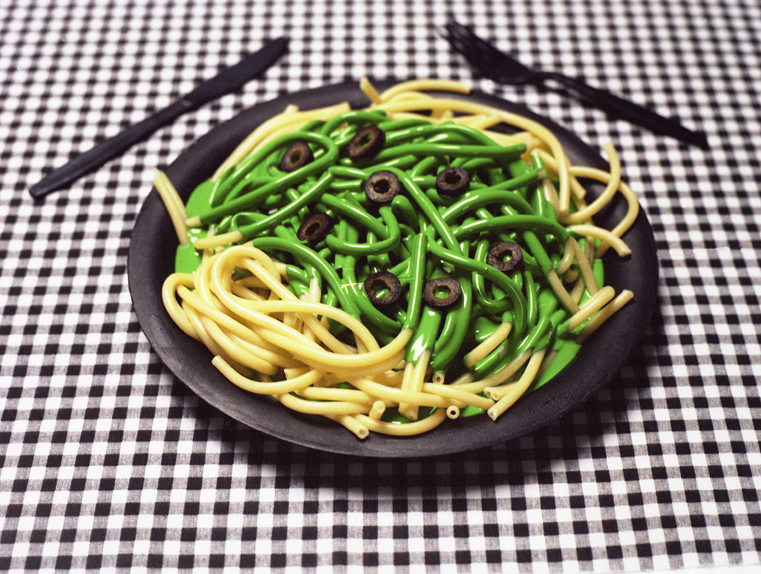When the bills come in you scoff, pay them, and keep your nose to the grinding stone. When you notice that you’re not able to set aside as much into savings you wake up and start to realize there are issues with your finances.
My reaction was to cut down on the energy usage so I made a point to keep the air a little higher, made sure I didn’t leave the lights on, and switched out the lightbulbs like I’ve read a dozen times from articles I’ve read online.
What I wasn’t taking into account was just how much money I had put toward the food bill considering that I was now living with my significant other. I didn’t take much mind to the bill before because I was providing for myself but once there is another involved (maybe even kids or a live-in family member) this expense starts to really shoot up.
So I set my sights on cutting the grocery bill without sacrificing the quality of living and food; I didn’t want to just “go without” like many would suggest so I had to get crafty. These are some of the ways I was able to cut my food bill in half (and I think the strategies will apply to yours as well):
- Going Local – A lot of farmer’s markets have begun to adjust their pricing to that of the grocery stores but these are usually the ones that have picked up in popularity. My suggestion is to go a little further out of your way to find the small ones that are setup a lot like a flea market versus it all housed under one roof. Here you can find most (if not all) of your vegetables and fruits for a fraction of what you’re going to pay at the grocery store (plus it’s really fun knowing you’re directly contributing to the local community).
- Membership Clubs – The membership clubs cost you a yearly fee but if you know your way around the place and can avoid temptation you can really stretch your dollar at these locations. The best way I cut down on the bill was to buy the bulk items I knew I would use frequently such as condiments, frozen meats, pastas, canned goods, and sauces. The other items (especially sweets, sodas, and perishables) usually go bad because you either get sick of them or you forget they’re in the fridge so I’d say avoid those if you want to save.
- Couponing – I never understood why someone would take so much time out of their day to clip coupons when an hour of extra work could make up on those savings until I began finding out how easy it was through online sites. I hopped onto CouponBox and began finding coupons that I could apply to the sites which helped save on quite a few common items. It was neat ordering food online which led to savings on gas, having more time to be around my SO, and being able to avoid all those temptations when you’re walking down the grocery aisles.
- Budgeting Meals – Normally I would go to the grocery store with a set shopping list or at least a budget in mind; this works well but when you have a list or go by a store budget you find yourself actively trying to reach that number (when you know you could cut back). Instead of the list/budget for the trip I made it a point to just budget per meal. I wanted to keep each meal around $2 – $3 (per person) and keep it healthy. I dug around and found sites like 5DollarDinners.com and Reddit.com/r/EatCheapAndHealthy/. By sticking to a meal plan that was set around an individual budget it greatly reduced the costs because it was based around portion control and making the most of leftovers.
- Socialize – No, I’m not talking about mooching here. What I’m talking about is actually saying “yes” when someone invites you over for lunch or grabbing a bite to eat when the office orders food for everyone instead of being modest and trying to save face. When’s the last time you visited your family or in-laws? What about doing a potluck where everyone could bring home a plate or two? Socialize with your friends, family, and neighbors and you can easily have a wonderful time with each other, eat well, and factor that into the food bill.
The bonus to it all this work was that it teaches you financial responsibility. You start to notice how you’re spending your money and it gets you into the mindset where you look for quality alternatives (that aren’t necessarily just “cheaper”). Cutting the bills isn’t just about cutting corners though – it’s about making better lifestyle choices that will benefit in the long run. I think the strategies I’ve shared will help you shape a lifestyle that goes well beyond your food budget (but hey, at least let’s start here).




